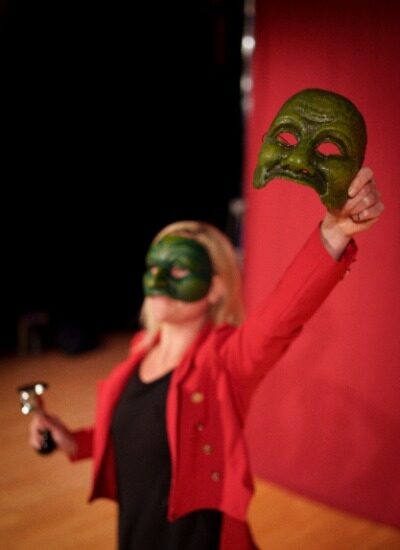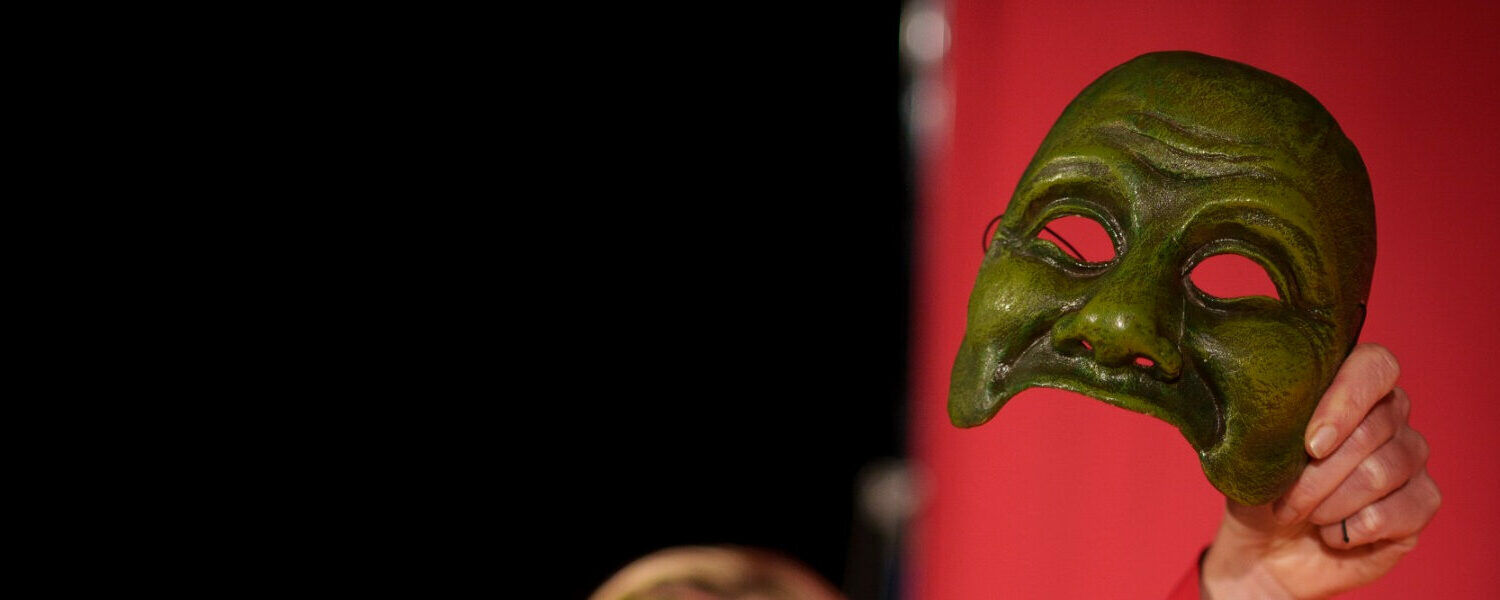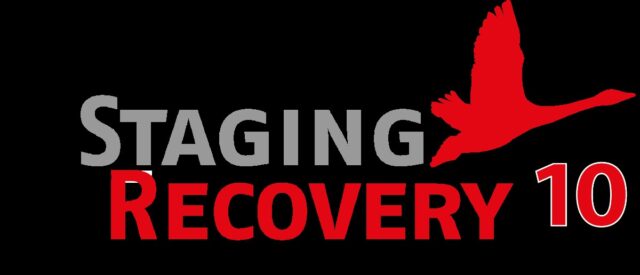

FAQs
A series of questions we are often asked about our history, our work, the theories which underpin our process, and how people can get involved.
History
The origin of the company’s name is a mystery! There are several apocryphal stories about how we came to be called Geese but we are not convinced any of them are true!
Geese Theatre Company started in the UK in June 1987. It was formed originally as a sister organisation to Geese Theatre USA, which was founded by John Bergman in 1980. Vera Cunningham, the then Leisure Time Activities Co-ordinator at Statesville Prison in Illinois and Director of the prisoner theatre group, The Con Artistes, invited John and the original Geese USA in to the prison to present their first prison performances and workshops.
Commissioning a Project or Performance
All our projects and performances are delivered by our own in-house team of specialist practitioners and our schedules tend to book up quite far in advance. If you have a specific date / dates in mind for your project, conference or event, then the earlier you contact us the more likely we will be able to work with you.
Whilst we are based in Birmingham, England, we deliver projects and performances all over the UK. We are also regularly commissioned to deliver projects, training events and consultations internationally.
Yes! Many of our projects and performances begin life as speculative enquiries. We love working in close partnership with commissioning organisations to find creative solutions to the challenges they are facing. So, if you have an issue which you would like us to explore in your prison, a team that needs some training, a conference audience that you would like to be provoked into discussion and debate, or anything else you think we could help with, please get in touch. We are happy to have an informal chat about how we might be able to assist and if we are not the right people for the job we will let you know.
We run projects with adults of all ages. Our work with young people tends to be with the 14+ age range.
We don’t work with young people in mainstream school settings. There are lots of theatre-in-education companies in the UK who specialise in working with young people and it would make sense for you to speak with one of them about working in your setting. We do work with teachers and educationalists, often providing training and conference performances exploring specific issues of relevance to their roles. Check out Getting Connected: Education for an example of this work.
Theatre and Therapy
Whilst these two terms are often used interchangeably we tend to make the distinction that theatre happens when one group of people, the audience, are observing a live performance presented by other people. Drama occurs when everyone present is involved in the action. Much of Geese’s work is a hybrid of the two forms, eg: our improvisational prison performances, such as Broke, relies on a steady stream of dialogue back and forth between the audience and the characters.
Theatre and drama applied to specific audiences and settings with particular outcomes in mind.
The simple answer to this question is “no”. Both dramatherapy and psychodrama are specific psychotherapeutic disciplines that often focus on deep rooted trauma and its relationship to current behaviour. However, drama can be therapeutic, as in fact all arts, education and social interaction can be. The company has endeavoured to generate an approach that can provide the individual with a process that can stimulate both understanding of behaviour and also the potential for change. We have also built our knowledge and understanding of what are appropriate ways of working to ensure a safe process for the individuals we work with. As a consequence, much of our work focuses on the present and the future.
Groupwork
There is no set response to this question as sessions are structured according to the needs of a particular group and agency. In very simple terms, for a typical groupwork session might follow a five-step process:
- Forming the group and introducing themes through theatre performance and drama activity
- Exploring particular behaviours and thoughts, feelings, attitudes and beliefs, using drama
- Reviewing particular skill requirements or areas of risk and identifying potential patterns of thoughts, feelings and behaviours
- Practising new skills through role-play and drama
- Testing new behaviours and coping strategies using drama
There is much more detail about structuring sessions in The Geese Theatre Handbook chapter 3 and appendices B and C
Students
Yes, we regularly provide sessions on a range of undergraduate, post-graduate and doctoral courses. Please ask you tutor or lecturer to get in touch in order to discuss how an input from Geese can augment the course you are currently on. Click here for more information about our Student Sessions.
We receive many requests from students and other interested parties wishing to observe our work. Unfortunately, due to the nature of the work, the environments in which the work takes place and the types of client groups we are working with, observation is not a possibility. In order to best accommodate people who are interested in this type of work we run Information Sessions approximately every six to eight weeks.
Research and Evaluation
This entirely depends what is meant by “work”. We know from the many independent studies on our projects that we have a significant positive impact on people but we are also not naïve enough to assume that everyone who attends a Geese session has their lives completely transformed as a result. The process of change is messy, not linear and the impact of our work depends where we meet people on their journey. For more detail about the impact of our work please see the National Criminal Justice Arts Alliance’s Evidence Library.
For an in-depth exploration of the company’s approach the best source is the Geese Theatre Handbook
For other book chapters and articles please take a look at the Reading List on the Resources page of this website.
Working with us
There is no set time-frame as to when we have vacancies. All our vacancies will be advertised initially on the careers page of this website and in our monthly e-news.
No. All our projects are delivered by our in-house team of practitioners, all of whom work for us on a permanent basis. All our delivery team receive 6-months of training and then work their way through a 5-stage competency framework which covers all aspects of our performance, groupwork and staff training portfolio. Occasionally we invite ex-Geese practitioners back to co-deliver projects. The only other freelance staff we work with are people who provide a specific skill-set we don’t have in-house, such as film-makers, musicians, and writers.
We receive many requests from students and other interested parties wishing to observe our work. Unfortunately, due to the nature of the work, the environments in which the work takes place and the types of client groups we are working with, observation is not a possibility. In order to best accommodate people who are interested in this type of work we run Information Sessions approximately every six to eight weeks.
Funding
Yes please! The easiest way to make a donation to contribute to our work is here.
In a standard year, 50-60% of our income is generated through commissions from public sector organisations and the remainder from grants and individual donors. We are also an Arts Council England National Portfolio Organisation, regularly funded until March 2027. For more information see our Support Us page.

